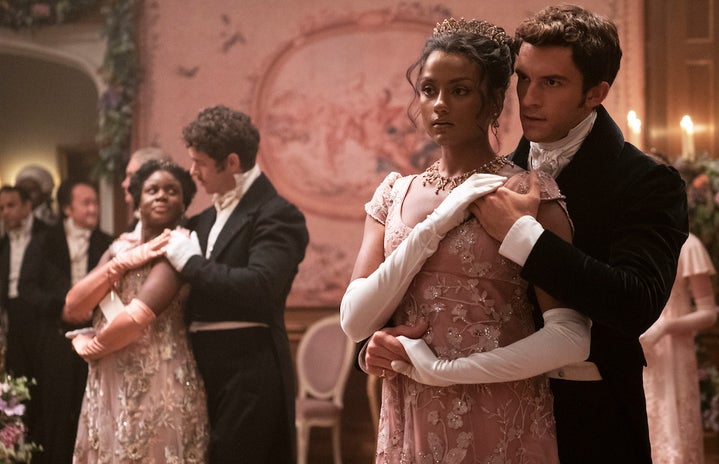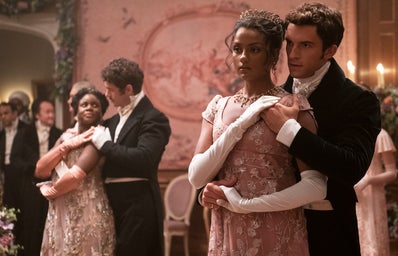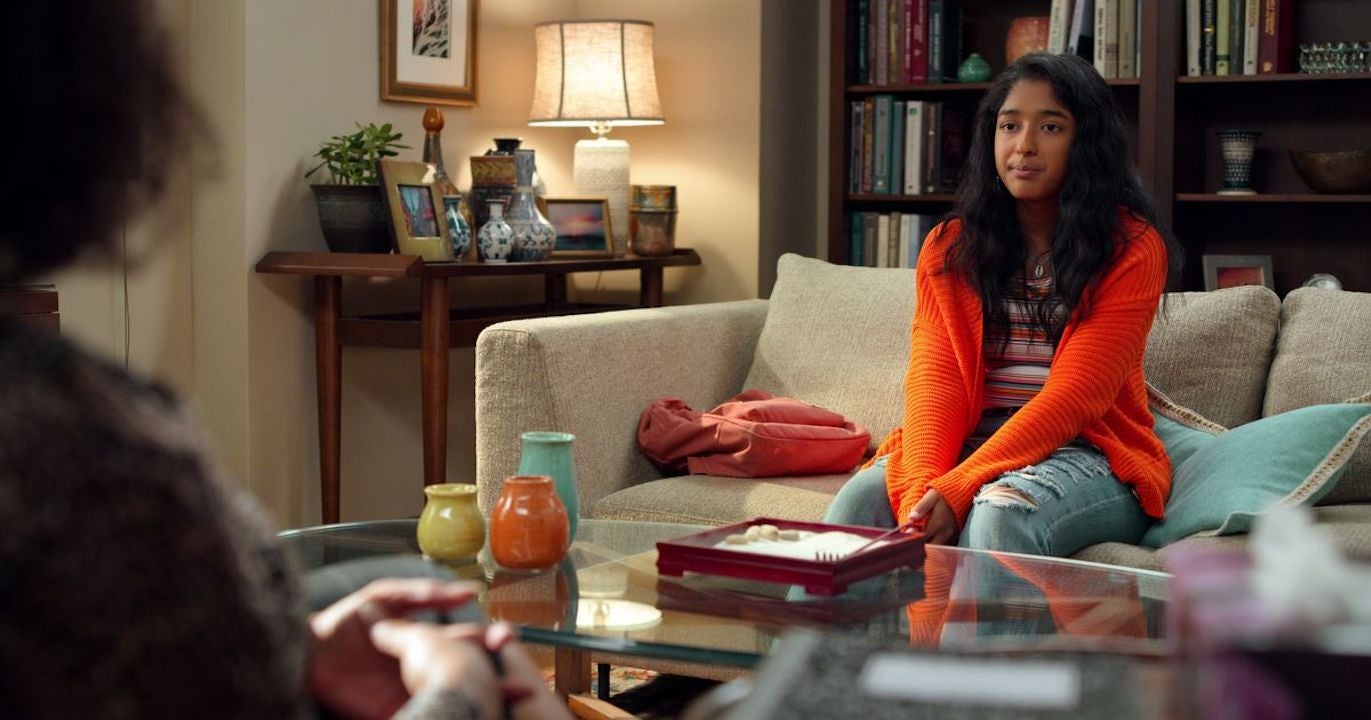The film “Bend It Like Beckham” released in 2003 and it is about an Indian girl who wants to play soccer against her parents’ wishes. The film quickly became a cult classic and launched Kiera Knightly into stardom. The problem is that Kiera Knightly was the star to come out of the movie and not Parminder Nagra who was the lead. Now decades later, the hunt for South Asian women in Western media is hardly scarce. From Kelly Kapoor to Devi Vishwakumar, we have come a long way from the stereotypical characters we had seen earlier.
As a South Asian woman myself, it was so relieving to see myself represented on screen. One character especially that helped speak to teenage self is Devi Vishwakumar in Netflix’s “Never Have I Ever”. Seeing Devi navigate school and boys in the most chaotic way possible was not only funny but relatable as well. Being a brown girl in a predominantly white town like Devi, we had similar experiences when it came to boys and growing up in general. It was refreshing to see the messy and raw emotions she had and the dynamic she and her mom had as well. They portrayed the difficult side of having immigrant parents and being a first-generation Indian-American.
It is also very refreshing to see South Asian women grow out of their one-dimensional characters and boring story arcs and become a full-fledged lead and have these complex emotional stories. One that sticks out to me is the new Marvel hero “Ms.Marvel”. Seeing Iman Vellani as the title character and working through her past with her family and the culture that also went into the show was so wonderful.
I would have to say my most favorite brown woman on screen (not that I have a favorite, I love all my brown girls equally) is Simone Ashley as Kate Sharma on season 2 of “Bridgerton”. As a girl who loves period pieces and grew up adoring the prince charming trope, this was a delight to watch. It was not only because I felt represented onscreen, but it was the fact a woman like me could be loved and desired by a lord like Anthony Bridgerton.
It is important to have these experiences and situations played on screen for South Asian women. Many of us go through the same things and it is refreshing to know that we are not going unheard. I hope to continue to see representation on screen and may the era of South Asian women never die out.



